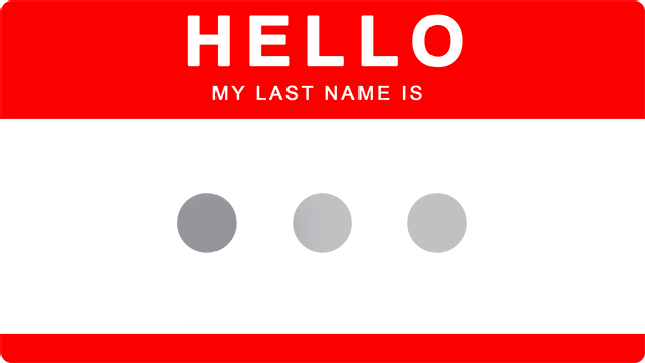What to Expect When You Give a Child the Woman's Surname
Latest

It’s no longer radical to keep your name, merge your SO’s name with a hyphen, or invent a new surname as a couple, but what is still radical is giving a child a woman’s surname (especially when the parents are married). What happened when Molly Caro May gave it a try is pretty telling.
It’s certainly not a common practice. Only about 18% of women keep their surname upon marrying as it is (2009 research). That is down from the previous 23% at peak trend in the late ’90s. A more recent look in 2010 discovered that older women (35 to 39) are over six times more likely to keep their names.
But whether the parents in question were married or not, a BabyCenter survey found that only 4% of children were given the woman’s surname. There are a lot of practical reasons you would find yourself in that small percentage: If the mother is not marrying the father of the child and is raising the child alone, she may wish to give the child her surname. In a family quoted in the above link where the mother was Korean and the father was Caucasian, the couple chose to give the child the mother’s Korean name to preserve heritage.
Many people are happy with the decision they make either way, but it is not without hassle: The BabyCenter piece enumerates the various logistical issues of dealing with a child whose name does not match one parent or the other — confusion when traveling overseas and verifying identity, getting sick of telling everyone that you have different last names from your child, the assumption that you have your partner’s last name just because your child does. These are all reminders of just how entrenched the status quo is: “Families” operate with one name, and that is the man’s. (This is also a difficulty faced among blended families.)
-

-

-

-

-

-

-

-

-

-

-

-

-

-

-

-

-

-

-

-

-

-

-

-

-

-

-

-

-

-

-

-

-

-

-

-

-

-

-

-








































